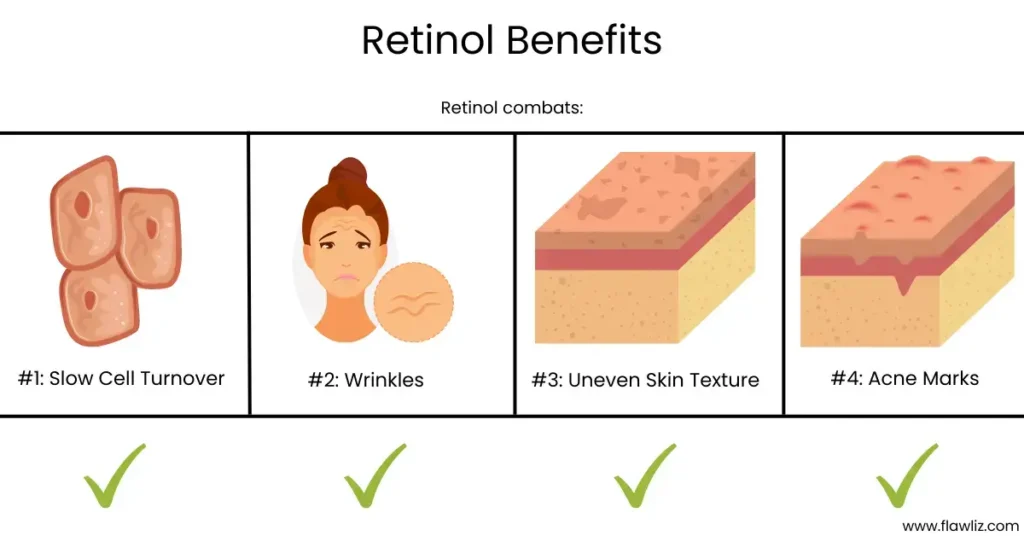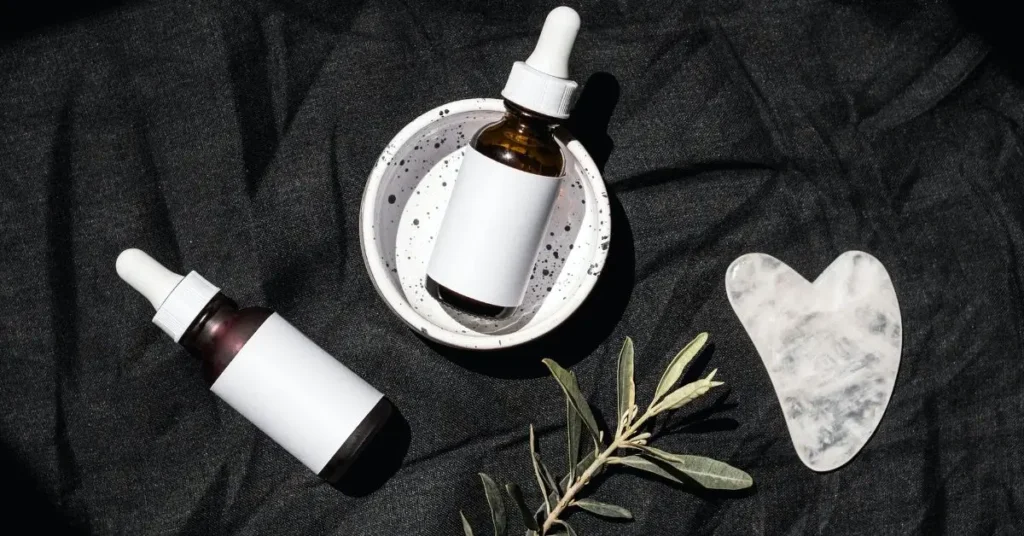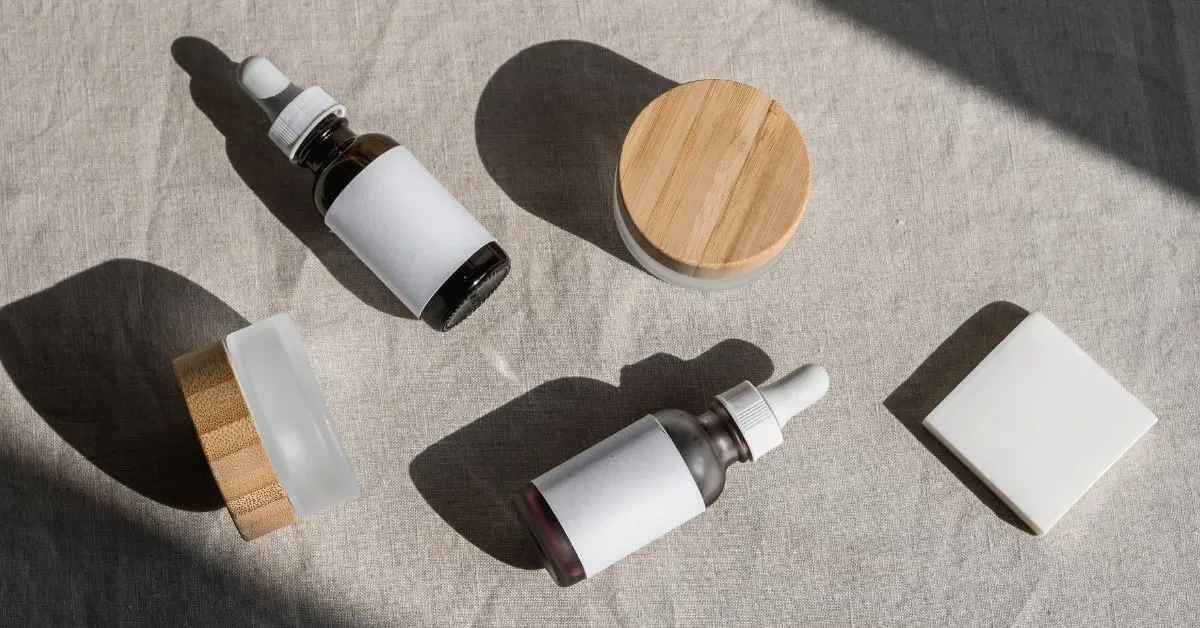Discover the key to flawless complexion: Is There an Expiry Date on Retinol? If you’ve been disillusioned by skincare products, you’re not alone. Say goodbye to letdowns as we unveil the miracles of retinol – your paramount partner in skincare.
Imagine erasing wrinkles, refining texture, and achieving that coveted even tone. But beware, the Achilles’ heel? Expired retinol.
Stay tuned for the key to unleashing retinol’s magic effectively and bid farewell to frustrating skincare journeys.
Table of Contents
Does Retinol Expire?
Yes, retinol has an expiration date
As someone who has been using retinol for months, I was curious to find out the answer to this question. After doing some research, I discovered that retinol does indeed expire.
The expiration date will depend on the specific formulation of the product you are using, but it typically ranges from six months to one year after opening.
So, why does retinol expire? The answer lies in its chemical composition. Retinol is a derivative of Vitamin A, and like all vitamins, it can break down over time when exposed to air, light, and heat. This breakdown process can cause the retinol to lose its potency, making it less effective in treating skin concerns.
Understanding Retinol
Retinol is a type of vitamin A that is commonly used in skincare products due to its numerous benefits. It is a powerful ingredient that can help improve the overall appearance of the skin. In this section, I will discuss the benefits and side effects of retinol.
Benefits of Retinol

Retinol is known for its anti-aging properties. It can help reduce the appearance of fine lines and wrinkles by promoting collagen production.
It can also improve skin texture and tone, making the skin look smoother and more radiant. Retinol can also help unclog pores and reduce the appearance of acne.
Aside from its anti-aging and acne-fighting properties, retinol can also provide other benefits to the skin. It can help improve skin discoloration and hyperpigmentation, making the skin look more even-toned. Retinol can also help improve skin hydration levels, which can help prevent dryness and flakiness.
Side Effects of Retinol

While retinol can provide numerous benefits to the skin, it can also cause some side effects. One of the most common side effects of retinol is skin irritation. This can manifest as redness, flakiness, and peeling. It is important to start with a low concentration of retinol and gradually increase it to minimize the risk of irritation.
Retinol can also increase the skin’s sensitivity to the sun. This means that it is important to always wear sunscreen when using retinol. It is also recommended to use retinol at night to minimize sun exposure.
Pro tip: If you are new to retinol, start with a low concentration and gradually increase it to minimize the risk of irritation. Also, always wear sunscreen when using retinol to protect your skin from the sun’s harmful rays
Expiration and Shelf Life of Retinol

After doing some research and consulting with skincare experts, I have learned that retinol does indeed expire. In this section, I will discuss how to identify expired retinol and the potential effects of using expired retinol.
Identifying Expired Retinol
Retinol products typically have an expiration date printed on the packaging. However, if you have lost the packaging or the date is no longer visible, there are a few signs that can help you identify if your retinol has expired.
- Change in texture: If your retinol appears lumpy, runny, or discolored, it is a sign that it has gone bad.
- Change in smell: If your retinol has a foul odor, it is likely that it has expired.
- Ineffectiveness: If you have been using your retinol consistently and have not noticed any improvement in your skin, it may be a sign that it has expired.
Effects of Using Expired Retinol

Expired retinol can cause irritation, redness, and dryness. It can also lead to breakouts and other skin issues. This is because expired retinol can harbor bacteria, which can cause infections and other skin problems.
Pro Tip: To ensure that your retinol lasts longer, store it in a cool, dark place away from direct sunlight. This will help prevent it from breaking down and going bad
Proper Storage of Retinol
Retinol is a delicate ingredient that can lose its effectiveness over time. Proper storage is crucial to ensure that your retinol products remain potent and effective.
Here are some essential tips on how to store your retinol products to ensure they last as long as possible.
Temperature and Light Conditions

Exposure to light and heat can break down the active ingredients and make the product less effective. Therefore, it is best to keep your retinol products in a drawer or cupboard away from sunlight or other sources of heat.
Remember: If you want to keep your retinol products in the bathroom, store them in a cabinet away from the shower or bath. The humidity and heat from the shower can also affect the potency of the product.
Sealed Containers
Retinol products should be stored in airtight containers to prevent exposure to air and moisture. Exposure to air can cause the active ingredients to oxidize, making the product less effective.
Therefore, it is best to keep your retinol products in their original packaging or transfer them to airtight containers.
If you transfer your retinol product to a different container, make sure it is clean and dry before pouring the product in. Use a dropper or pump to dispense the product to minimize exposure to air.
Maximizing Retinol Shelf Life

Here are a few tips that I’ve learned over the years to maximize the shelf life of your retinol products.
Buying Small Quantities
One of the best ways to ensure that your retinol products remain effective is to buy them in small quantities. Retinol products tend to have a shelf life of around two years, but this can be significantly reduced if they are exposed to air and light.
By buying smaller quantities, you can use up the product before it has a chance to expire.
Avoiding Contamination
Another important factor in maximizing the shelf life of your retinol products is to avoid contamination. Retinol products are often packaged in jars, which can make them more susceptible to contamination.
To avoid this, use a clean spatula or brush to apply the product instead of your fingers. This will help to prevent bacteria from getting into the product and causing it to spoil.
Our Top 5 Expert Tips on How to Store Retinol Correctly

- Keep it cool and dark: Store retinol in a cool, dark place, such as a bathroom cabinet, away from direct sunlight and heat sources.
- Avoid high humidity: Moisture can cause retinol to break down and become less effective, so it’s important to store it in a dry place.
- Use an airtight container: Retinol can be sensitive to air, so be sure to store it in an airtight container to prevent oxidation.
- Keep it away from other products: Retinol can react with other skincare products, so it’s best to store it separately.
- Don’t freeze it: Extreme temperature changes can also affect the effectiveness of retinol, so avoid storing it in the freezer or other very cold places.
By following these expert tips, you can help ensure that your retinol remains fresh and effective for as long as possible.
Does Retinol Expire? The Essentials
Retinol is great for smoothing complexion and anti aging, aging is for the ugly. Use only at night time. I got mine from winners because bad bitches love winners (make sure to check expire dates on all products)
— social experiment (@notahseyt) October 23, 2019
Retinol is a popular ingredient in many skincare products, known for its anti-aging properties. However, like all good things, it does come with an expiration date.
So, does retinol expire? Yes, it does. It is essential to know when your retinol products expire and how to properly store them to ensure their effectiveness and safety.
As someone who has used retinol in my skincare routine, I can attest to the importance of checking the expiration date. Using expired retinol can lead to skin irritation, breakouts, and other adverse effects.
To help you understand more about the shelf life of retinol products, here are some essential facts to keep in mind:
- Retinol products typically have a shelf life of 1-2 years from the date of manufacture.
- Once opened, retinol products should be used within 6-12 months, depending on the product.
- You can tell if your retinol product has expired if it appears unusually runny, discolored, or lumpy. These are all signs that bacteria has started to grow in the product.
To keep your retinol products fresh for as long as possible, it is essential to store them correctly. Store your retinol products in a cool, dry place away from direct sunlight. Avoid leaving them in damp areas like the bathroom, as moisture can cause the product to break down faster.
FAQ:

What happens if you use expired retinol cream?
It is not recommended to use expired retinol cream because it may be less effective and may cause skin damage. Retinol products typically have an expiration date of two years after they are opened. If you do decide to use expired retinol cream, make sure to keep an eye on your skin for any adverse reactions or changes in condition.
How many years does retinol last?
Retinol typically has a two-year shelf life after it is opened, though it can break down quickly and last nine months to one year depending on how it is dispensed. It should be stored in a cool, dry place, with refrigeration if possible.
Does retinol degrade over time?
When exposed to air and light, retinol becomes unstable and degrades over time. The amount of degradation varies depending on the product, but after 6 months, it can range from 0-80%. Check the expiration date on the bottle and use retinol products within 12 months of opening to get the most out of them.
Why can’t you use retinol every night?
Retinol should be used once or twice per week at first, gradually increasing to more frequent use. This is because it can be drying, particularly for those with sensitive skin. Retinol promotes collagen synthesis, resulting in thicker skin and less visible fine lines and wrinkles. It should be applied at night because sunlight degrades retinol and reduces its effectiveness, though it can be used both day and night.
If you liked this blog article about the question: Does Retinol Expire, don’t forget to leave us a comment down below to tell us about your experience.






